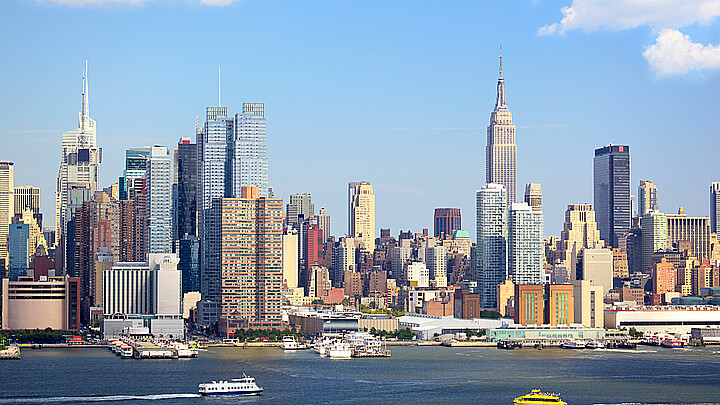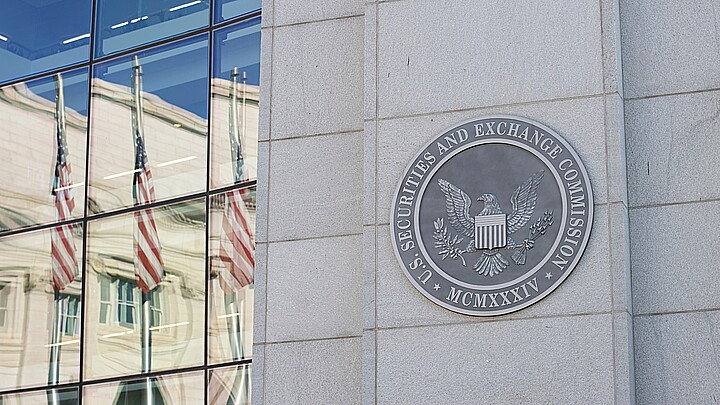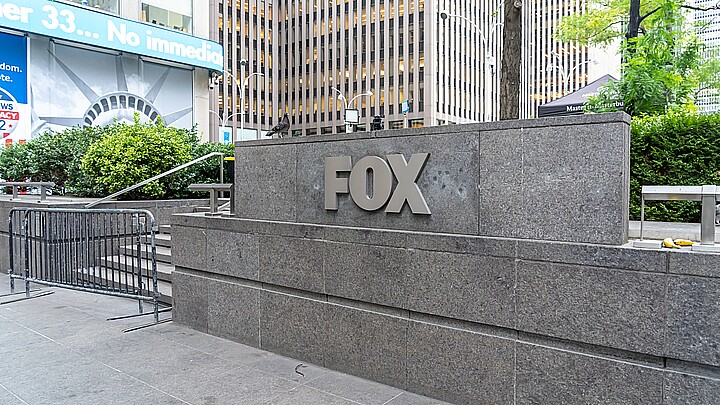Business
Dow Jones faces worst drop in nearly a year as inflation continues to grip U.S. economy
Most economists predicted inflation would see a 2.9% annual rate and a 0.2% monthly increase, but the U.S. Dept. of Labor’s monthly Consumer Price Index report indicated that U.S. prices increased 0.3% in January, putting inflation at an annual rate of 3.1%.

February 14, 2024 12:44am
Updated: February 14, 2024 12:44am
The Dow Jones Industrial Average dropped 524.63 points on Tuesday in the wake of inflation data showing more substantive consumer price increases than expected.
The Dow experienced a net decrease of 1.35%, closing at 38,272.75, a close that marked the worst day for the key index since March 2023, according to CNBC.
While stocks dropped on Tuesday, bonds also slid as well. The yield for 10-year Treasury notes increased to 4.32%, their highest level since November, according to Tradeweb. The two-year Treasury yield rose to 4.66%
As a result, traders now suspect the Federal Reserve will cut its lending rate in June or July, according to the CME FedWatch Tool.
Republicans have blasted President Biden for inflation, and the spike in prices throughout the country has become a hot button issue for voters in the upcoming 2024 presidential election.
The 46th president has a current 36.3% approval on inflation issues, according to RealClearPolitics and averages 39.0% overall on the economy.
Earlier in 2023, Wall Street priced in six rate cuts for 2024 after the Fed showed signs in December it would lower rates after they spiked significantly in a 22-year high, according to a Feb. 13 report published by CNN.
The high interest rates scared off some investors from real estate and instead sent precious metals, crypto and stocks to record highs. Some investors have warned those increases are a bubble that is expected to burst once rates come back down.









